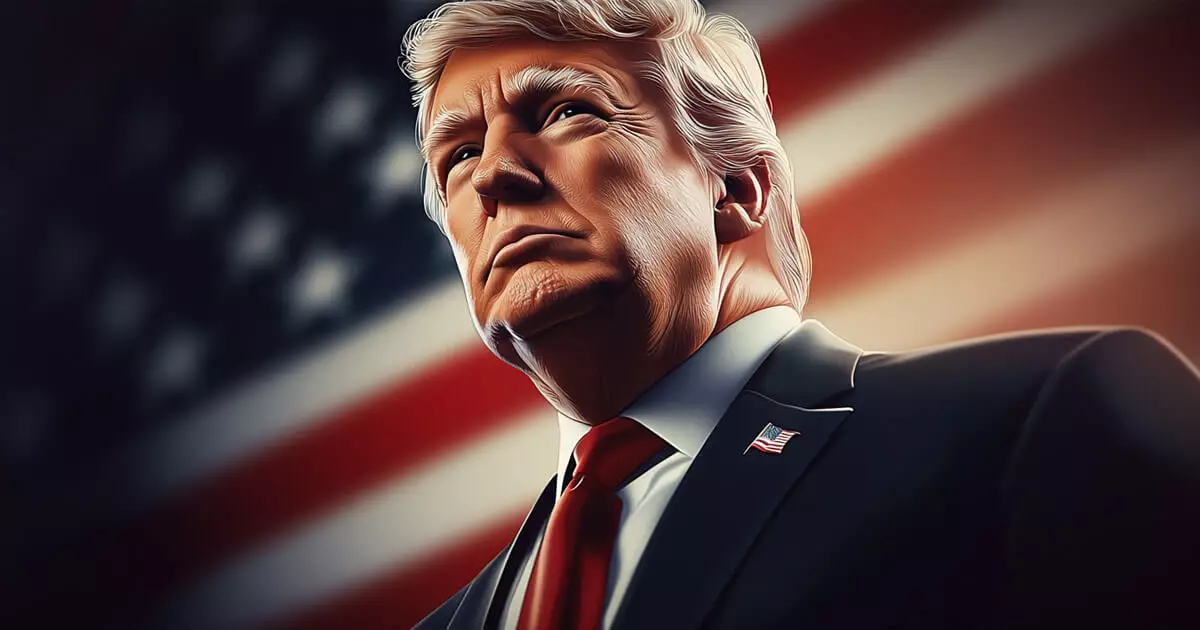With the election of Donald Trump as President, a notable transformation in the approach to cryptocurrency enforcement is anticipated. During his campaign, Trump signaled a commitment to reduce regulatory scrutiny within the cryptocurrency sector. Legal experts gathered recently at a conference in New York highlighted that his administration is poised to realign the focus of the Justice Department and other regulatory bodies away from crypto-related enforcement. This shift suggests a significant departure from the robust oversight exercised during previous administrations, particularly in the wake of the heightened regulatory environment prompted by the recent downturns in the cryptocurrency market, commonly referred to as the ‘crypto winter.’
Scott Hartman, who oversees the securities and commodities task force at the Manhattan U.S. Attorney’s Office, disclosed that fewer resources will be allocated to combating cryptocurrency crimes. The current team consists of 16 prosecutors, a number he hopes will remain stable as the office diverts attention to other priority areas, namely immigration enforcement—a pillar of Trump’s prior campaign agenda. As Hartman indicated, the office’s focus is evidently shifting, suggesting that while crypto fraud will not be overlooked, it will not be the frontline issue for prosecutors as they reallocate their efforts.
The implications of this policy realignment for cryptocurrency firms are multifaceted. As the emphasis on immigration law intensifies, the uncertainty around regulatory burdens on crypto businesses may create a more conducive environment for innovation within the sector. However, this possibility does not equate to immunity from scrutiny; as noted by Steve Pelkin, a former SEC enforcement leader, a substantial diversion of resources towards immigration could result in a lack of vigorous oversight of the cryptocurrency landscape. The appointment of Jay Clayton, the previous SEC chair known for a more measured approach to enforcement against cryptocurrencies, further threatens to alter the regulatory climate that was under tighter governance.
Despite potential relaxation in enforcement, the Securities and Exchange Commission (SEC) remains engaged in various legal battles with leading crypto entities, including Coinbase and Binance. It remains unclear how these cases will evolve or whether they will face a fundamental shift in strategy under a new SEC chair, should that appointment occur in the near future. While President Trump cannot terminate the current SEC chair, Gary Gensler, before his term ends in July 2025, significant changes in approach to cryptocurrency regulation can be expected depending on the regime.
The forthcoming adjustments in crypto regulation warrant close scrutiny as they unfold. The Trump administration’s inclination to prioritize other areas while reallocating resources could either foster growth in the crypto sector or pose new risks as enforcement remains an integral part of any regulatory framework. Whether these developments lead to a more thriving cryptocurrency environment remains to be seen, but stakeholders must remain vigilant as these changes commence.

